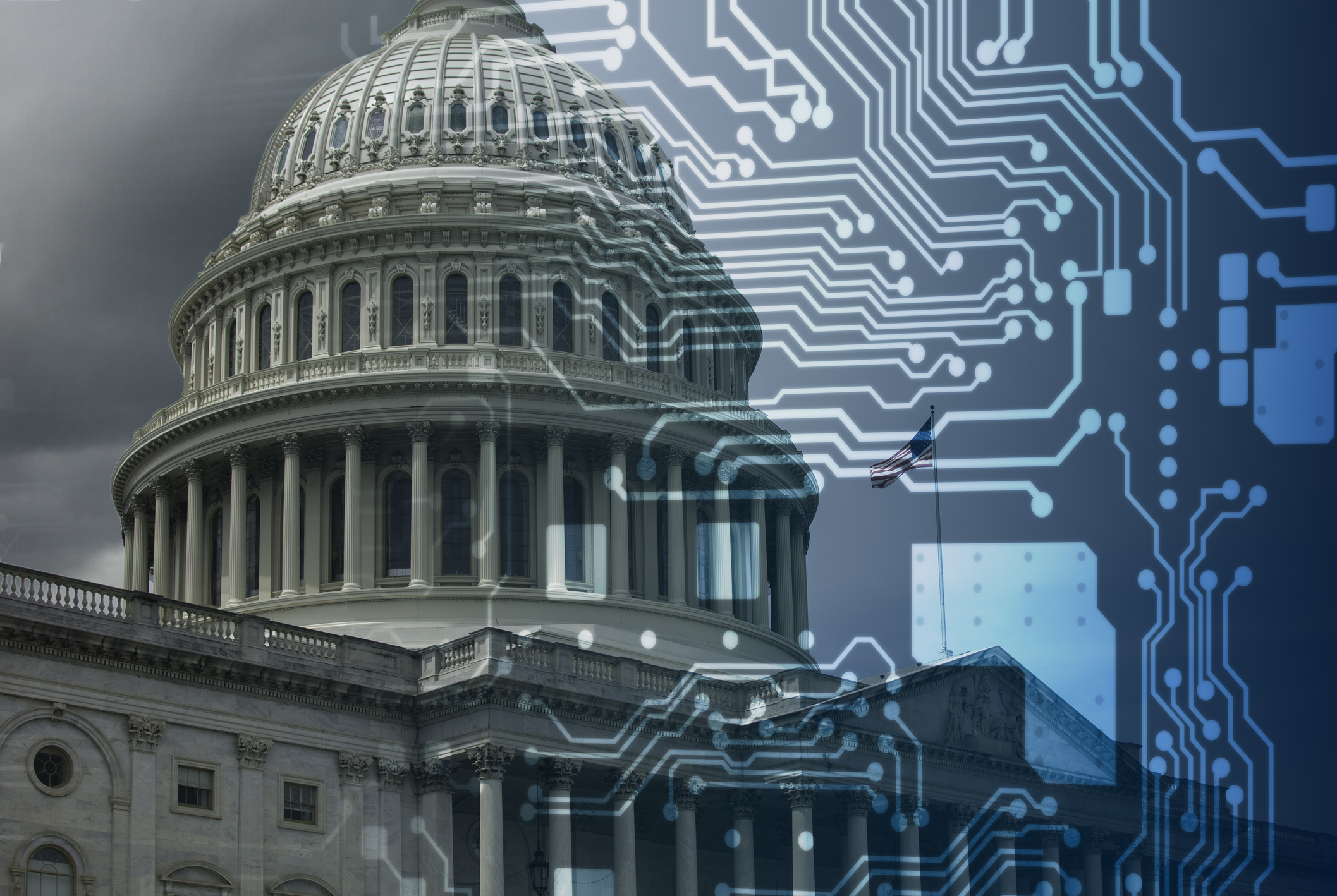Artificial Intelligence (AI) is undergoing a remarkable evolution within the federal government, driven by an increasing reliance on technology to enhance public administration and national security. The surge in generative AI since 2022 has marked a pivotal shift, fundamentally altering how the government operates and delivers services.
Accelerated AI Project Timelines and Increased Efficiency
Recent studies, such as the “AI in Full Bloom” report by General Dynamics Information Technology (GDIT), highlight significant progress in AI project execution within federal agencies. Notably, the time from pilot to production has reduced to an average of 14 months, a surprising improvement attributed to the use of cloud-native services and other accelerators which allow agencies to build upon existing infrastructures rather than starting from scratch.
Expanding Applications and Functionalities
The scope of AI applications is broadening, with a notable emphasis on coding and chat functionalities. Federal agencies are increasingly interested in translating older software codes into modern programming languages like Python, streamlining processes, and enhancing accessibility and maintenance. Furthermore, about 59% of AI projects are dedicated to research and understanding, with many focusing on creating domain-specific chat functionalities that could revolutionize interactions with public services, such as tax returns and healthcare policies.
Strategic Government Initiatives and Policies
The Biden-Harris administration has been proactive in harnessing AI’s potential while managing its risks, as evidenced by a landmark Executive Order that has spurred numerous initiatives across various agencies. These initiatives include establishing safety and security guidelines for critical infrastructure and developing AI tools to identify vulnerabilities in government software systems.
AI’s Role in Enhancing Public Sector Services
AI technologies are set to transform government operations by streamlining procurement processes and transferring more citizen services to digital platforms. This shift not only aims to enhance the efficiency of services but also addresses the accessibility issues, reducing the need for physical infrastructure and enabling more direct and effective citizen-government interactions.
Training and Workforce Development
To maximize the benefits of AI, federal employees are undergoing specialized training programs designed to deepen their understanding of AI applications and ethical considerations. This initiative is part of a broader strategy to ensure that AI deployment is both effective and responsible.
Future Outlook
The ongoing integration of AI into federal operations is poised to continue, with expectations of widespread deployment of domain-specific chat services and other AI-driven tools across all agencies in the coming years. This trend indicates a robust future for AI in public administration, where its potential to support governance, ensure security, and enhance service delivery is fully realized.
Conclusion
The federal government’s engagement with AI illustrates a commitment to leveraging cutting-edge technology to improve public sector efficiency and accountability. As AI technologies evolve, their thoughtful integration into government operations remains crucial to addressing the complex challenges of modern governance and ensuring that technological advancements benefit all citizens equally.
How Can Netizen Help?
Netizen ensures that security gets built-in and not bolted-on. Providing advanced solutions to protect critical IT infrastructure such as the popular “CISO-as-a-Service” wherein companies can leverage the expertise of executive-level cybersecurity professionals without having to bear the cost of employing them full time.
We also offer compliance support, vulnerability assessments, penetration testing, and more security-related services for businesses of any size and type.
Additionally, Netizen offers an automated and affordable assessment tool that continuously scans systems, websites, applications, and networks to uncover issues. Vulnerability data is then securely analyzed and presented through an easy-to-interpret dashboard to yield actionable risk and compliance information for audiences ranging from IT professionals to executive managers.
Netizen is an ISO 27001:2013 (Information Security Management), ISO 9001:2015, and CMMI V 2.0 Level 3 certified company. We are a proud Service-Disabled Veteran-Owned Small Business that is recognized by the U.S. Department of Labor for hiring and retention of military veterans.
Questions or concerns? Feel free to reach out to us any time –
https://www.netizen.net/contact



